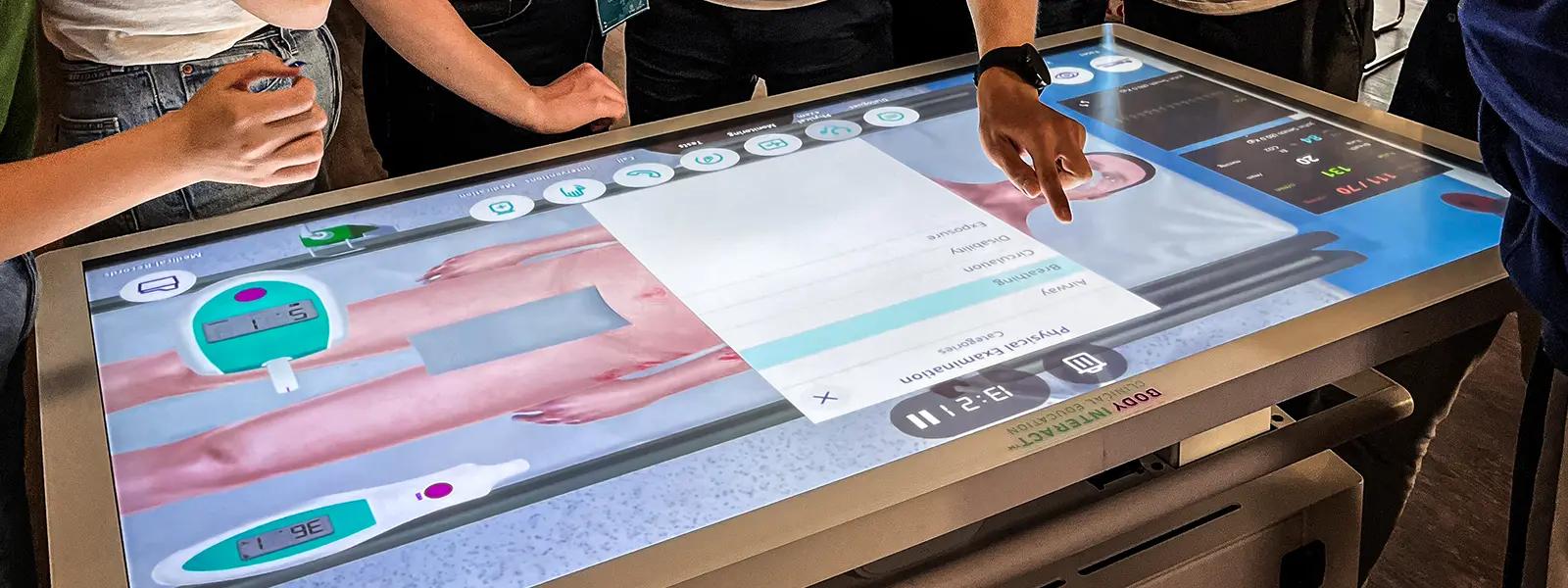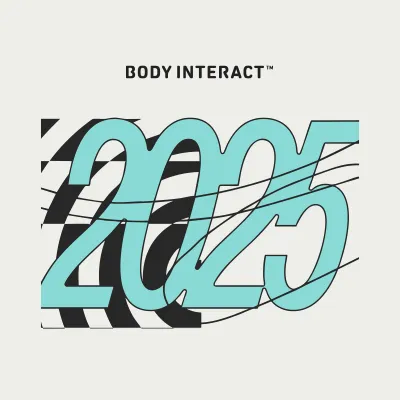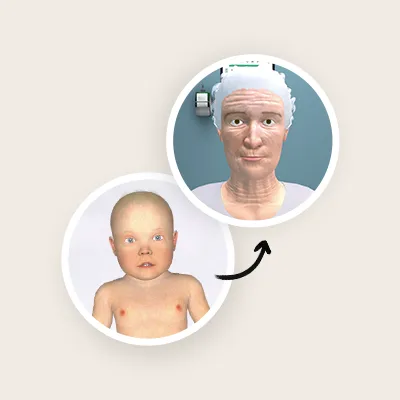Body Interact is actively working on creating diverse and immersive clinical scenarios to help Licensed Practical Nurse (LPN) and Licensed Vocational Nurse (LVN) Education Programs students to refresh or advance their nursing skills, cross-train effectively and excel in preparation for NCLEX testing. The increasing use of virtual clinical simulation in nursing programs has raised our awareness of the importance of providing excellent offerings to our clients. During our research, we came across an article from the National Council of State Boards of Nursing (NCSBN) related to our specific target audience, LVN/LPN that we would like to share and emphasize some key points.
The article was authored by Nicole Kaminski-Ozturk, PhD, and Brendan Martin, PhD, and published in the Journal of Nursing Regulation (April 2023). Despite the limited evidence on the various modalities used by Licensed Practical Nurses and Licensed Vocational Nurses programs across the United States, the study highlights the growing reliance on virtual simulation-based experiences for clinical training of those students and healthcare professionals.
Virtual Clinical Simulation in Nursing Education
The COVID-19 pandemic accelerated the adoption of virtual clinical simulation in prelicensure nursing programs. Facing clinical site restrictions, nursing schools turned to virtual simulation as a viable alternative. Its ability to bridge the gap between theoretical knowledge and practice. By harnessing the potential of virtual simulation and embracing evidence-based practices, nursing schools can ensure the continued delivery of high-quality education and produce competent and compassionate nurses ready to face the challenges of modern healthcare.
LPN/LVN Nursing Programs
Licensed Practical Nurse/Licensed Vocational Nurse
In the early stages of the COVID-19 pandemic, as clinical site restrictions were implemented, education programs leading to Licensed Practical Nurse (LPN) and Licensed Vocational Nurse (LVN) degrees increasingly relied on virtual simulation-based experiences to provide clinical training to their students. By leveraging virtual simulation technologies, LPN/LVN programs successfully replicated real-life clinical scenarios in a digital environment. These simulations allowed students to interact with virtual patients, practice critical nursing skills, and make crucial decisions within a safe and controlled setting.
Study conclusion
- An attractive alternative to traditional in-person clinical placements: Even though the article emphasizes the need for clarity in defining virtual simulation and robust research to ensure quality education, 98.6% of deans and directors representing all active pre-licensure LPN/LVN programs that participated in this study, answered that used online software packages as simulation modalities and resources.
- Cost-Effective Solution: VCS provides a cost-effective means of education, reducing the financial burden associated with traditional in-person clinical placements and high-fidelity SBE.
- Positive Student Perceptions: Preliminary evidence indicates positive self-reported perceptions of learning among students engaged in VCS.
- Accessibility and Flexibility: VCS allows nursing education programs to offer accessible and flexible learning experiences, accommodating students’ diverse needs and locations.
- Maintenance of Patient Safety: As nursing students practice in a controlled virtual environment, VCS ensures patient safety by minimizing potential risks associated with traditional clinical placements.
The Educational solution for LVN/LPN programs
Body Interact, an online software featuring virtual patients, proves to be a valuable tool for Nursing programs. Based on the Nursing Scope and Standards of Practice by the American Nurses Association, Body Interact provides tailored clinical scenarios for LVN/LPN students offering a practical way to enhance their clinical practice and nursing skills.
Through interactive clinical scenarios with virtual patients, students can practice in a lifelike environment in several areas including Fundamentals of Nursing. Within this context, students can perform essential interventions such as taking and interpreting vital signs, administering oral medications based on received orders, or even adjusting patients’ positions, among other tasks.
Additionally, the clinical scenarios cover a wide range of areas such as Therapeutic Communication, Mental Health, Gerontology, Community and Public Health, as well as assessment and Health promotion, enabling students to enhance their skills and knowledge in these critical areas of nursing practice.
Request a meeting with the Body Interact team to learn more about LVN/LPN clinical scenarios.
By Ana Santa – Educational Content Development | Registered Nurse









